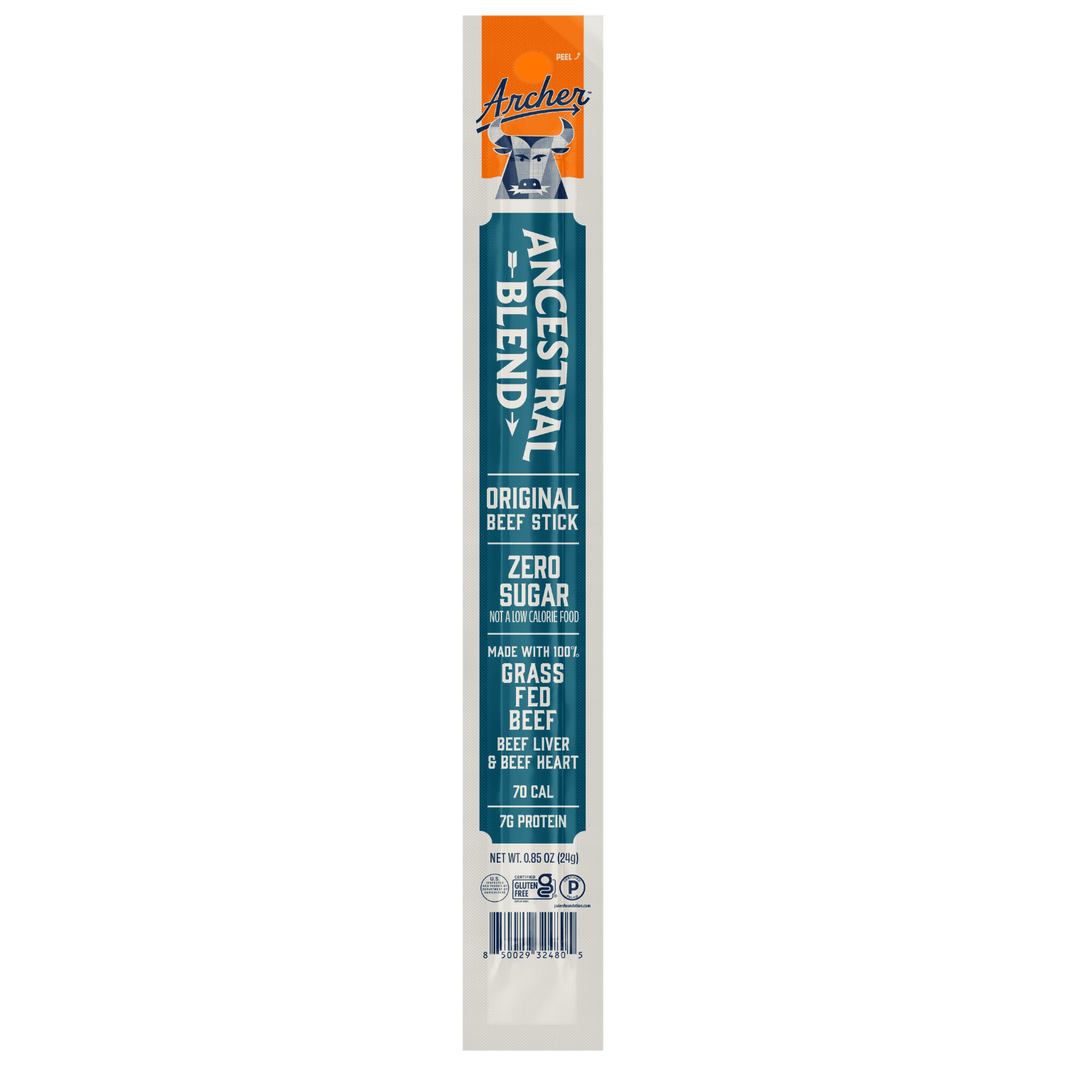

The Top 10 Health Benefits of Eating Beef Liver
Share
Introduction
Beef liver, often hailed as a superfood, is one of the most nutrient-dense foods you can eat. Historically, many cultures have prized liver as a source of strength and vitality, incorporating it into their diets to reap its myriad health benefits. This article delves into the top ten health benefits of eating beef liver, shedding light on why it might deserve a spot in your diet.

Rich Source of High-Quality Protein
Protein is essential for muscle repair, growth, and overall health, and beef liver is an excellent source. It provides all the essential amino acids your body needs, making it a complete protein. The amino acid profile of beef liver is superior in some aspects to other protein sources, including plant-based ones, offering significant benefits for muscle maintenance and overall bodily functions.
Exceptional Vitamin A Content
Beef liver stands out as one of the richest dietary sources of Vitamin A, crucial for vision, immune function, and maintaining healthy skin. The Vitamin A in beef liver is in the form of retinol, the active form, which is more readily used by the body compared to the beta-carotene found in plant sources.
Abundant in B Vitamins, Especially B12
This organ meat is a powerhouse of B vitamins, particularly Vitamin B12, essential for neurological health and energy. The synergy of B vitamins in beef liver supports metabolic functions, contributing to the breakdown and use of carbohydrates, fats, and proteins.
High in Iron, Specifically Heme Iron
Iron is vital for preventing anemia and boosting energy levels, and the heme iron found in beef liver is the type most easily absorbed by the body. This makes beef liver an excellent food choice for those looking to increase their iron intake effectively, compared to non-heme iron sources like plants.
Contains Essential Minerals: Zinc and Selenium
Zinc and selenium are minerals crucial for immune function, thyroid health, and antioxidant defense, and beef liver is a rich source of both. These minerals play key roles in numerous bodily processes, making beef liver a beneficial addition to any diet.
Rich in Coenzyme Q10 (CoQ10)
CoQ10 is involved in energy production and is beneficial for heart health. Beef liver is one of the richest dietary sources of CoQ10, surpassing many other foods. This nutrient's presence contributes to the organ meat's benefits for energy levels and cardiovascular health.
Promotes Healthy Pregnancy
The nutrients found in beef liver, such as folate, are essential for fetal development, making it a beneficial food for pregnant women. However, it's important to consume it in moderation and follow safe consumption practices during pregnancy.
Supports Detoxification and Metabolism
Eating beef liver can support the body's natural detoxification processes, thanks to its role in metabolizing toxins. The nutrients in beef liver, including certain vitamins and minerals, aid in detoxification and metabolism, supporting overall health.
May Improve Skin Health and Reduce Signs of Aging
The high levels of Vitamin A and antioxidants in beef liver may benefit skin health, potentially reducing signs of aging and improving skin appearance. Anecdotal evidence and some studies suggest that consuming beef liver can have positive effects on skin health.
Conclusion
-
How much beef liver should I eat a week? Eating beef liver once or twice a week is generally considered sufficient to reap its health benefits without overconsuming certain vitamins and minerals.
-
Can eating beef liver help with anemia? Yes, the high heme iron content in beef liver can help prevent and treat anemia by improving iron levels more effectively than non-heme iron sources.
-
Is beef liver safe to eat for everyone? While beef liver is safe for most people, those with certain conditions, such as hemochromatosis, should limit their intake due to its high iron content.
-
How can I incorporate beef liver into my diet? Beef liver can be grilled, fried, or made into pâté. Mixing ground beef liver with ground beef in recipes like meatballs or burgers can also be a palatable way to include it in your diet.
-
What are the differences between beef liver and chicken liver? While both are nutrient-dense, beef liver generally contains higher amounts of certain nutrients, such as Vitamin A and B12, compared to chicken liver.
-
Can beef liver consumption improve my energy levels? Yes, thanks to its high content of B vitamins and iron, beef liver can significantly boost energy levels.
-
Are there any risks associated with high consumption of beef liver? Consuming large amounts of beef liver can lead to vitamin A toxicity and excessive iron intake, highlighting the importance of moderation.





